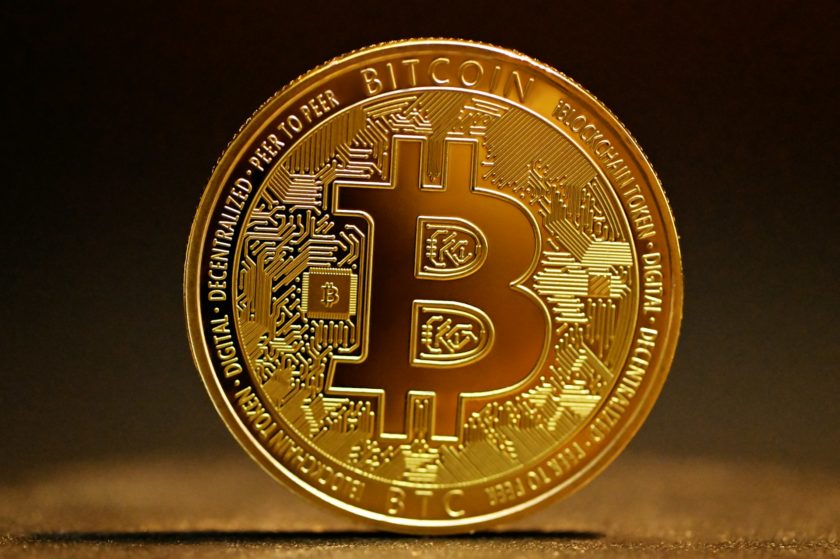No, We’re Not In A Bitcoin Bubble
Since Bitcoin underwent a miraculous rise to prominence in 2017, many have likened the cryptocurrency industry to the Dotcom Boom of yesteryear. And as such, some have claimed that crypto’s ‘bubble’ is a near-mirror image of the Nasdaq, the de-facto face of technology markets, during the turn of the millennia.
But, as recently claimed by a number of industry insiders, Bitcoin and crypto assets are just revving its engines, preparing for the true bubble that is inevitably in its cards. And, even with the crypto market’s most recent downturn, some optimists believe that it is nothing more than a strong correction, not the burst of a bubble.
Speaking with the Independent U.K., Angel Versetti, CEO of Ambrosus, echoed this sentiment, telling the publication that it would be nonsensical to compare “the current state of the crypto market to the Dotcom Bubble.” Still, he added that there are underlying similarities, most notably the overvaluation of tech-centric startups with questionable business models and the oversaturation of products, platforms, and services.
But when it comes down to the status of the cryptocurrency industry, Versetti noted that he “doesn’t believe [that] we are, or were, anywhere close to a bubble with cryptocurrency.” The CEO of the blockchain upstart then added that the arrival of hotshot institutional players, who he dubbed “bankers” and “financiers,” indicates that the industry’s first bonafide bubble is on the horizon, and could even be in the making as he spoke.
$15-20 Trillion Crypto Market Cap Will Be The Real Bubble
Attributing a figure to his claim, Versetti brought attention to a $15 to $20 trillion U.S. dollar market capitalization for all crypto assets, which he believed would be when the cryptocurrency space hits a peak.
Matthew Newton, an analyst at crypto-friendly, Tel Aviv, Israel-based eToro, made similar comments regarding the comparison between the nascency of the crypto and Dotcom industry, explaining that while these “comparisons are inevitable,” they aren’t “particularly useful” or helpful.
Backing his intriguing claim, Newton brought up the example of the FTSE 100’s performance at the end of 2008, adding that it was immature for traders/analysts to call it quits during that period.
Most positively, drawing attention to an industry silver lining, the eToro analyst explained that bear markets, in crypto and traditional businesses, weed out bad actors and those looking to “make a quick buck.” He added:
One of the benefits of a bear market is that it weeds out people… that aren’t interested in the underlying technology. Those who understand the technology and see its benefits tend to stick around, adding value to the market.
Interestingly, this sentiment echoes statements recently issued by Tone Vays, a former capital markets trader turned Bitcoin maximalist, in which Vays said that “Bitcoin constantly drops by 80 to 90% to make sure people know what they’re doing, and that they understand why they’re in Bitcoin.”
Still, investors remain bullish on the long-term prospects of this innovation, despite the tumultuous day-to-day.
Title Image Courtesy of Brian Garcia on Unsplash




